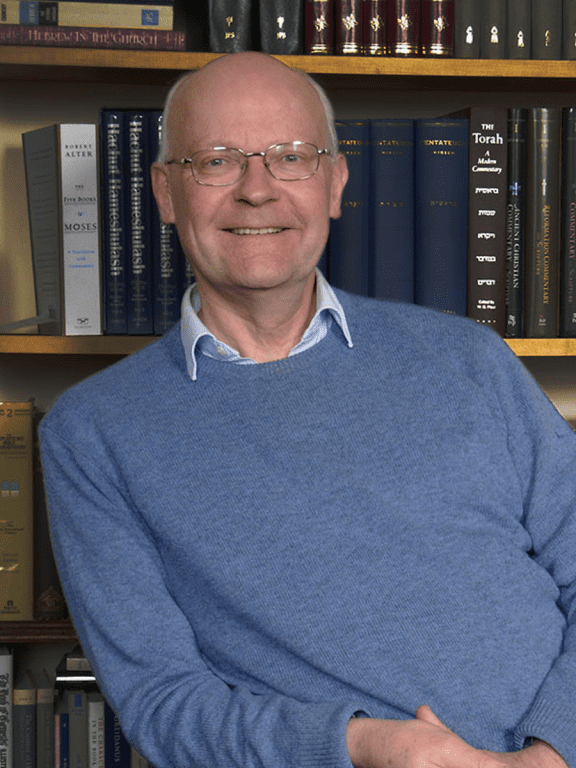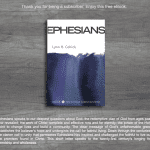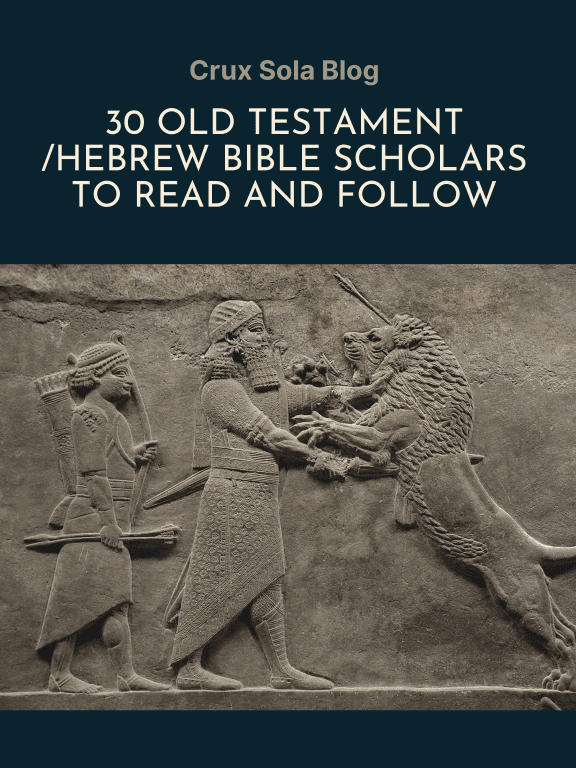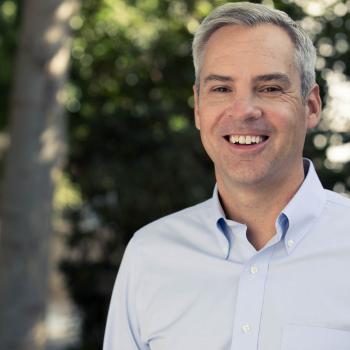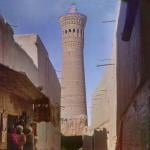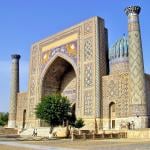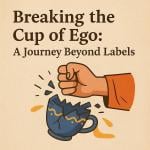In this new series, I am excited to introduce you to 30 Old Testament/Hebrew Bible scholars that I think you should read and follow. We are kicking off with Professor Walter Moberly, one of the top Old Testament theologians in the world. I am sure many of you know his work, but if you don’t you should!
Walter (R.W.L.) Moberly, Professor of Theology and Biblical Interpretation, Durham University
Why do you love studying the OT/HB?
When I first came to a living faith as a student I started reading through the Bible from the beginning (because I was told to!). I quickly sensed great depth in the OT, even though I couldn’t remotely articulate anything coherent about it. In a sense my scholarly career has been an attempt to remedy that and to have at least some articulacy and coherence in speaking about the OT. I also love it when people have ‘aha’ moments when they really grasp something of the richness and profundity of what the OT is saying.
What is one “big idea” in your scholarship?
My big concern is to read the Bible in a way that well combines scholarship and faith. I, like many, came to biblical study because of my faith. But I found that typical biblical scholarship did not answer my questions, and tended to offer answers that were of limited use for using Scripture devotionally or in preaching. So my whole scholarly career has been an attempt to rethink the nature of academic biblical study in relation to the questions and priorities of Christian faith. “Theology” in the biblical context has usually been conceived in scholarship as a history of religious thought and practice in biblical times (e.g. development of monotheism in OT, development of Christology in NT), distinct from what happened in post-biblical contexts. I am trying to see if there are other ways of doing theology with the Bible, that continue to respect the ancient contexts of the writings but also do justice to their contexts within continuing Christian (and Jewish) faith.
Who are your academic heroes and why do you admire them?
Jon Levenson. His learning is immense and his writing unfailingly lucid, and so I think he may have been more helpful to me overall than Brevard Childs, who initially helped shape my mature thinking, though I owe a big debt to both. Levenson in particular has enabled me to see how to take seriously the scriptures of Israel as ancient pre-Christian (and pre-Jewish) texts while also taking them seriously within the continuing living contexts of Christian and Jewish faiths. He has also helped me become clearer about how to understand the relationship between Christian and Jewish and secular approaches to Israel’s scriptures.
What books were formative for you when you were a student? Why were they so important and shaping?
Hard to say! I don’t think any scholar made a real impact till I was doing my PhD. Perhaps Brevard Childs’ The Book of Exodus was the first book to make a real difference. Although I didn’t fully grasp what Childs was doing – and from my present perspective I don’t think he succeeded in properly integrating his differing concerns – this opened my eyes to the possibility of doing biblical study differently from the exclusively historical-critical concerns with which all my undergraduate biblical teachers operated. Jon Levenson’s The Hebrew Bible, the Old Testament, and Historical Criticism is the single best collection of essays on biblical hermeneutics that I know of. Levenson highlights key issues that too many biblical scholars handle on unreflective auto-pilot. His insights both about the interpretive significance of the Bible’s own literary/canonical context, and also about the social nature of knowledge, have been strongly formative for me.
I have also been deeply influenced by Nicholas Lash’s The Beginning and the End of ‘Religion’. Lash argues that modernity has operated with skewed and diminished understandings of God and faith, and he shows how, downwind of modernity, older insights can be reclaimed and renewed in our postmodern context. He addresses hard-to-get-at issues about what frames and informs the way we read the Bible and think about God, and in my own writing I have tried to implement some of these insights. (I also consider his essay “What might martyrdom mean?” in his Theology on the Way to Emmaus to be the single best essay on biblical hermeneutics that I know of). Numerous other scholars and books have been formative too, but these three are definite highlights.
Read Prof. Moberly’s Work
NKG: I have read both of these books and they are extraordinarily well written and rich with new insight. The Old Testament Theology in particular has been thought-provoking for me.
If you ran into me at SBL, and you didn’t want to talk about OT/HB studies, what would you want to talk about?
I like football (soccer), and also fantasy football (once my children got me in I’ve been hooked). I’m fascinated by history, and always welcome recommendations of good reads in the area. I’ve just finished Erik Larson’s page-turning The Splendid and the Vile on Churchill and his family in 1940-41. I like sitting and talking over coffee or something stronger.
What is a research/writing project you are working on right now that you are excited about?
I’ve just finished writing up the Hulsean Lectures that I gave at Cambridge in early 2020, and am looking forward to their publication as The God of the Old Testament: Encountering the Divine in Christian Scripture. Otherwise, survival feels like my main project just at present during the Covid lockdown.

